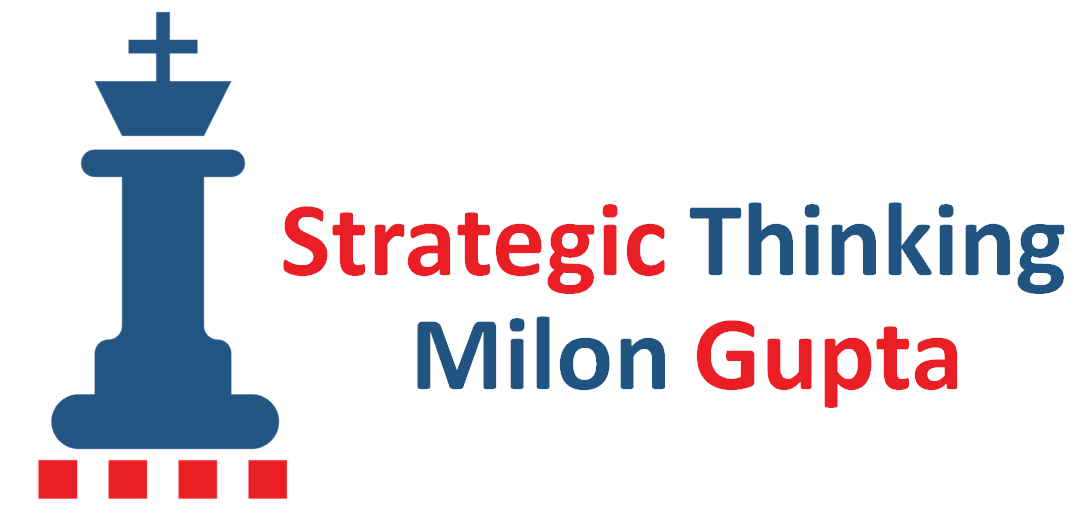
Human resource management plays a key role for the sustained success of a company.
While this has always been true, the relative importance of HR in today’s business environment of fast change and high complexity and uncertainty has even further increased. At the same time, the challenges for HR have changed, as two recent studies by Kienbaum Consultants and The Hackett Group show. The two studies come to different conclusions, which makes comparing them even more interesting.
Based on the studies by Kienbaum and Hackett, I have identified the following major strategic challenges for HR:
1. Increase the quality of leadership and management
This is the major challenge identified in the Kienbaum study. And I fully agree that this challenge should have top priority. No organisation will be able to navigate the stormy seas of today’s business environment without a highly qualified team of executives on deck. In my view, the operational management quality in most organisations in developed countries is already quite high.
The area where I see the highest need for continued development is the increase of leadership quality, and particularly the further development of strategic leadership skills. It may not surprise you that I consider strategic thinking and decision making as key skills for leaders which need to be honed on a regular basis. By the way, the need for increased quality of leadership and management also includes executives in the HR department.
2. Manage the changing business needs for talent and skills
Companies can only stay successful in a fast-changing business environment, if they have a workforce that is in line with market needs and which has the right attitudes and skills for agile adaptation to changing business environments. The challenge for HR is to acquire the right talent in a fierce competition for the brightest brains and to continuously develop the skill-set and commitment of employees in a way that advances the growth of the individual and the growth of the company at the same time.
3. Define a forward-looking workforce strategy
HR, like every other department in a company, is at risk of getting bogged down in operational management and losing sight of longer-term strategic goals. That can be very risky, as demographic change and the importance of having a diverse workforce requires strategic planning and a vision for the workforce development that translates into coherent action.
Interestingly, in the Kienbaum study, respondents from HR ranked diversity management very low, which in my view underlines the need for improving strategic thinking. Diversity is one of those factors that seems to be very soft and without effect on the bottom-line, but which can make a difference in corporate culture and productivity. In general, diversity of the workforce in regard to age, gender, and ethnic background – if managed strategically – can have a positive effect on creativity and productivity.
4. Foster innovation throughout the organisation
HR can have a huge influence on how innovative an organisation is. In the Hackett study, more than half of the companies surveyed responded that their business is driven by innovation. Particularly for them, having a workforce that is able to consistently deliver the innovation required to stay competitive is key. HR can have an impact on the innovativeness of company in many ways, e.g. by recruiting the right talent, developing innovative skills, and creating a corporate culture conducive to innovation through setting the right incentives.
5. Use data analytics to improve HR-related decisions
The Hackett report considers data analytics an important area for action by HR, and I agree that this is a strategic challenge which offers a huge potential for every larger organisation. Interestingly, the use of Big Data in HR ranks very low in the list of priorities of respondents in the Kienbaum survey.
This is understandable, for two reasons: firstly, many people in HR don’t have a clue about the potential benefits of using Big Data for strategic HR management; secondly, many of those who have looked into it, will have noticed a plethora of issues related to the use of data and analytics in HR management. These issues include, for example, data privacy concerns, the complexity and cost of setting up a data-driven HR analytics system as well as the need for HR personnel qualified in the use of data analytics. Nonetheless, if an organisation manages to utilise data analytics in HR, it will have significant benefits in regard to understanding emerging issues much earlier and improving HR strategies and operational decisions.
Conclusion
If you are an HR executive, you would be well advised to continuously review your department’s and company’s strategic priorities. You may come to different conclusions on what your specific challenges are compared to the ones identified by Kienbaum, Hackett, or myself. However, it is important that you seriously think about your strategic challenges to ensure HR adds value to the organisation.
The Hackett report comes to a devastating verdict about HR regarding how HR addresses critical challenges: “HR is largely underprepared to address the issues critical to achieving the most important enterprise goals, including innovation, workforce strategy and leadership.”
💡 This harsh judgment may not apply to your organisation. Yet you should ask yourself: what is HR contributing to achieve the strategic goals of my organisation?
Contact me, if you wish to discuss the strategic challenges for HR in your organisation.
